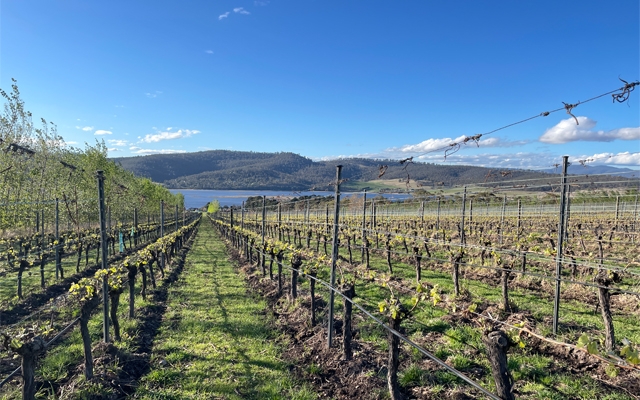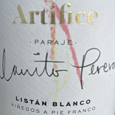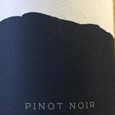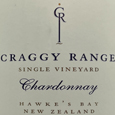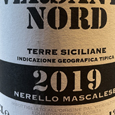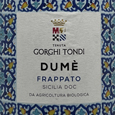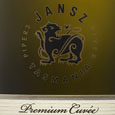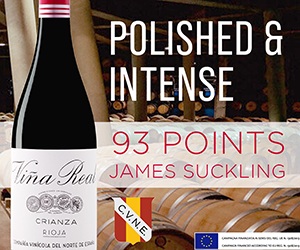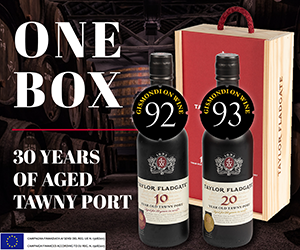The term ‘maritime climate’ is easy to understand.
As the name suggests, these are wine producing regions directly affected by their proximity to large bodies of water. Other than sailors, fishers and pirates, no one appreciates or understands maritime life more than those who live and work surrounded by the sea: islanders. Even though some island wine regions aren’t technically maritime climates (Sicily is firmly Mediterranean, for example), wine islands around the globe are more united than you may think. From Tasmania to Madeira to Vancouver Island to Nova Scotia to New Zealand, working with the sea brings its unique influence to the wines and in more than just the vineyard.
Viticulturally, the ocean’s moderating properties can be profound, sharing cooling breezes and tempering frost risk – essentially levelling out otherwise hazardous (to vines, at least) climate conditions and extending the growing season. Maritime climates are characterized by warm (but not hot) summers and cool (but not cold) winters, all good things for a vigneron. Seawater takes a long time to warm up in summer but holds its warm energy long after the surrounding land has cooled down, helping to moderate the climate into the fall.
For all its benefits, a maritime climate is not without viticultural risk. As uncontrollable as the sea, an oceanic influence can bring shipwrecks to the vineyards via damaging wind storms, excessive rain, and humidity, increasing disease risk.
Maritime climates can also strongly affect continental regions; Bordeaux and Mornington Peninsula are classic examples. Island vineyards are also affected by more than climate, however. Geographical limitations from being surrounded by water generally restrict vineyard size, scaling wineries smaller than their continental cousins. In some parts of the world, island viticulture has developed apart from other regions, cultivating grapes and methods unique to the island. One just has to consider the singularity of Madeira for evidence of that. The cost of doing business can also be affected by island living, with everything from dry goods’ transfer to ferrying or freighting wine away, adding potential costs to the bottom line. Because of quantity and route to market restrictions, plus a generally slower “island time” clock to life, many island wineries cater to their local markets. While the carbon footprint and personal relationship afforded by close contact with customers is a benefit, it can also be a hindrance to advancing the wineries and wine regions’ quality and recognition. Where is the motivation to sell and excel if your locavore-loving neighbours scoop up your stock? Islands are often more challenging for tourists unless a flight or boat is included in travel plans and budgets. The fewer people who taste your wines, the fewer people will understand you and your region; that’s a fact, no matter where in the world you are. Island life amplifies that.
Smaller scale, specialized, fresh and unique wines that need to be sought out – sounds like any sommelier’s dream. Here are ten recently tasted and recommended Wine Islands wines to seek out.

 quicksearch
quicksearch

